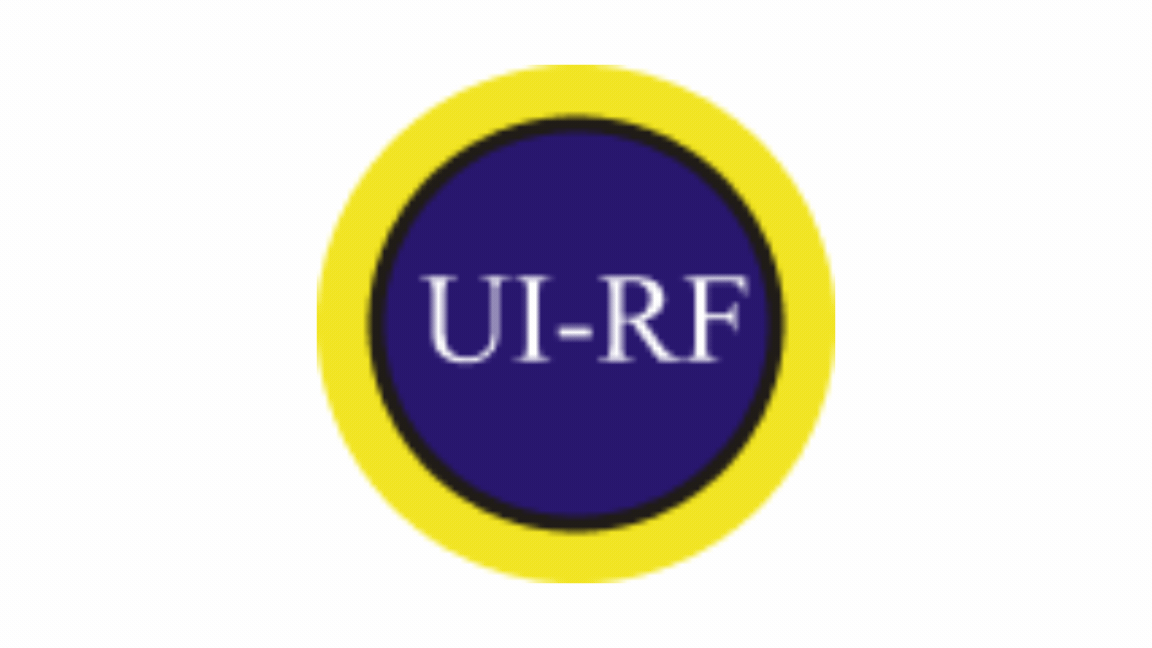

Advancing Neuroscience and Genomic Research at UI
Pioneering New Frontiers in the Study of Brain Degenerative Disorders
Genomic experts trained by the University of Ibadan are returning to pioneer new frontiers in medicine and bio medical research for health. UI-RESEARCH FOUNDATION is supporting Research Leaders to develop genomic techniques using Adult Neural Stem Cell from African Giant rats as models for studies and prospecting for interventions for demyelinating diseases, epilepsy, Parkinson’s disease, stroke related dementia and Alzheimer’s disease. Success of this project will make University of Ibadan a leading centre for Basic Neuro science Research and create a new Genomic infrastructure in Nigeria.
Project Overview
Revolutionizing Neuroscience Through Genomic Research
The University of Ibadan, with support from the UI-Research Foundation, is currently creating a cutting-edge platform dedicated to advancing neuroscience and the study of brain degenerative disorders. Genomic experts trained by the university are returning to pioneer new medical and biomedical research frontiers, focusing on developing innovative genomic techniques. These efforts are centered on using Adult Neural Stem Cells from African Giant rats as models to study and prospect interventions for a range of neurological disorders, including demyelinating diseases, epilepsy, Parkinson’s disease, stroke-related dementia, and Alzheimer’s disease.
Research Focus
Innovative Use of African Giant Rats in Neuroscience Research
At the core of this research initiative is the use of Adult Neural Stem Cells derived from African Giant rats as a novel model for studying neurological disorders. Researchers are actively exploring the potential of these cells in understanding the underlying mechanisms of brain degenerative diseases. This pioneering approach is poised to open new avenues in the search for effective treatments and interventions for conditions such as epilepsy, Parkinson’s disease, and Alzheimer’s disease.
Genomic Infrastructure Development
Building Nigeria's Genomic Research Capacity
The UI-Research Foundation is not only supporting cutting-edge research but also playing a crucial role in developing new genomic infrastructure in Nigeria. This project is laying the foundation for a robust genomic research environment at the University of Ibadan, positioning it as a leading center for basic neuroscience research in Africa. By creating a state-of-the-art genomic platform, the university is setting the stage for future discoveries that will have a lasting impact on medical science.
Collaborative Research
Uniting Experts for Multidisciplinary Innovation
This project brings together a diverse team of research leaders, genomic experts, and neuroscientists who are collaborating to push the boundaries of what is possible in neuroscience. Their multidisciplinary approach ensures that the research is comprehensive, addressing the complexities of brain degenerative disorders from multiple angles. The collective expertise of these researchers is driving innovation in both neuroscience and genomic research.
Potential Impact
Transforming the Treatment of Neurological Diseases
The success of this research project holds the potential to transform the treatment landscape for neurological diseases in Nigeria and beyond. By developing genomic techniques that target specific neurological conditions, the research aims to provide new hope for patients suffering from debilitating disorders. This work is paving the way for more precise and effective interventions, ultimately improving the quality of life for those affected by these diseases.
Positioning UI as a Leader
Establishing University of Ibadan as a Neuroscience Research Hub
The University of Ibadan is on track to become a leading center for basic neuroscience research, thanks to the innovative projects supported by the UI-Research Foundation. As this research progresses, UI is solidifying its reputation as a hub for cutting-edge genomic and neurological studies. This recognition not only enhances the university’s standing in the global scientific community but also attracts further investment and collaboration opportunities.


